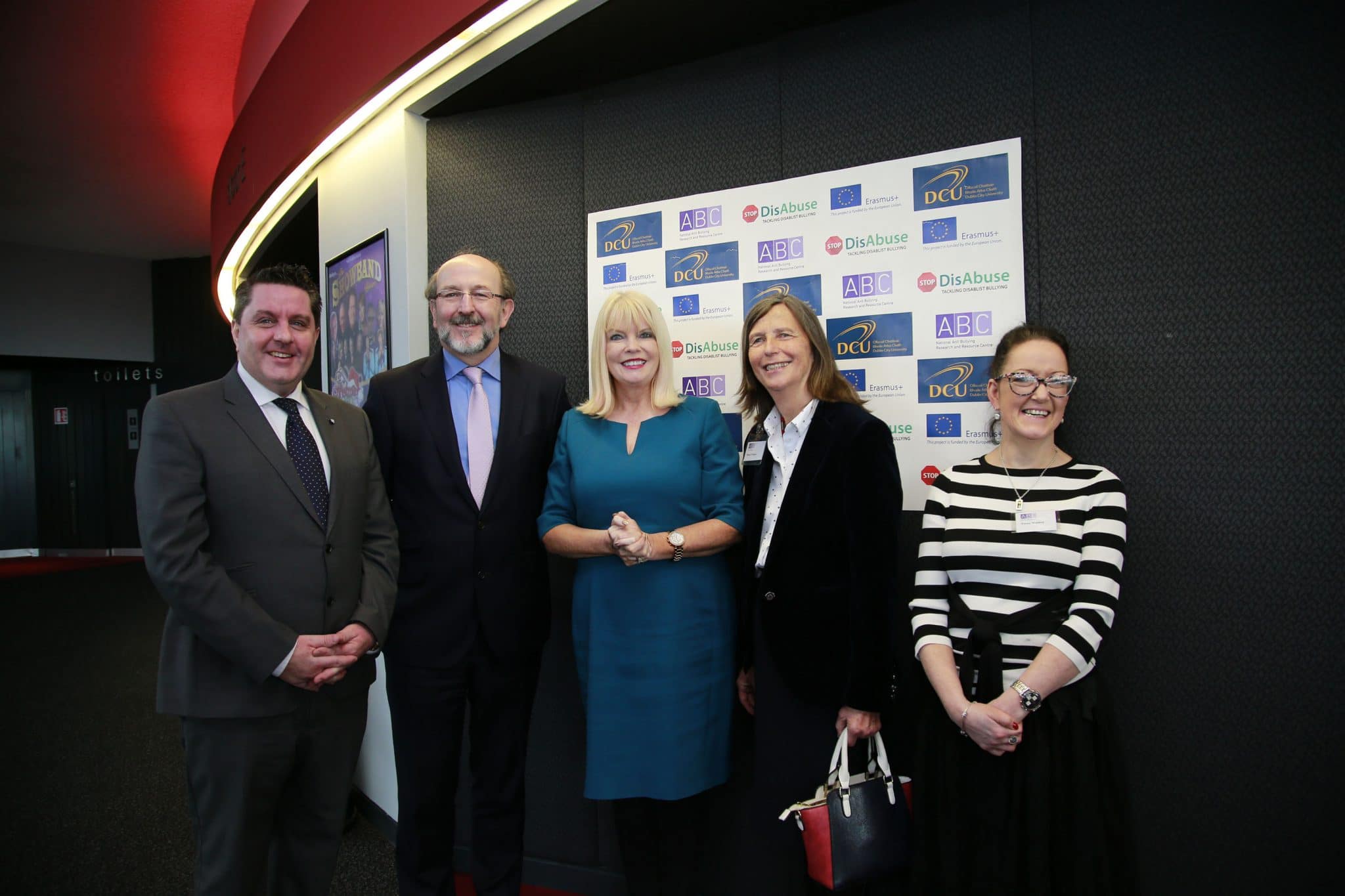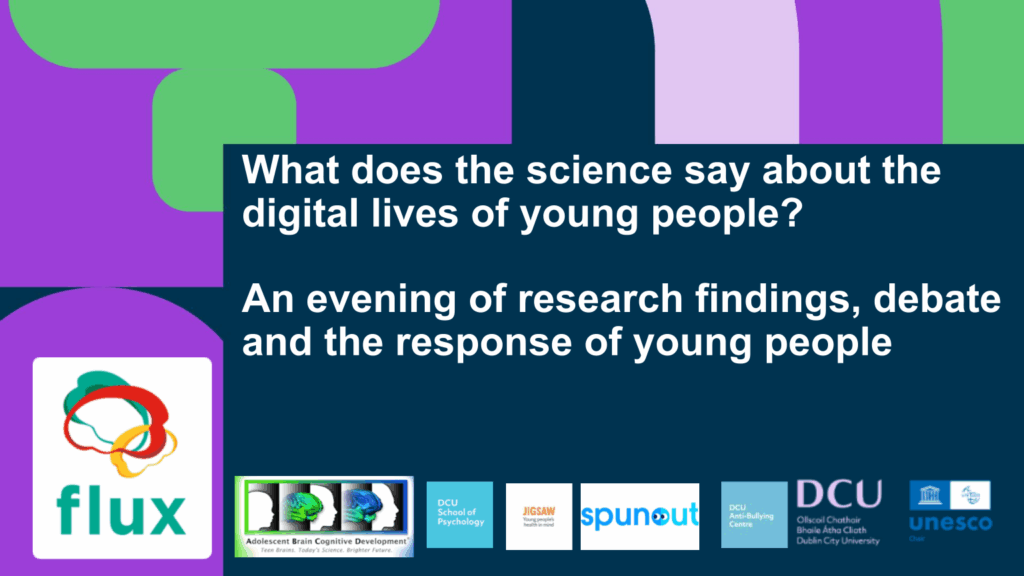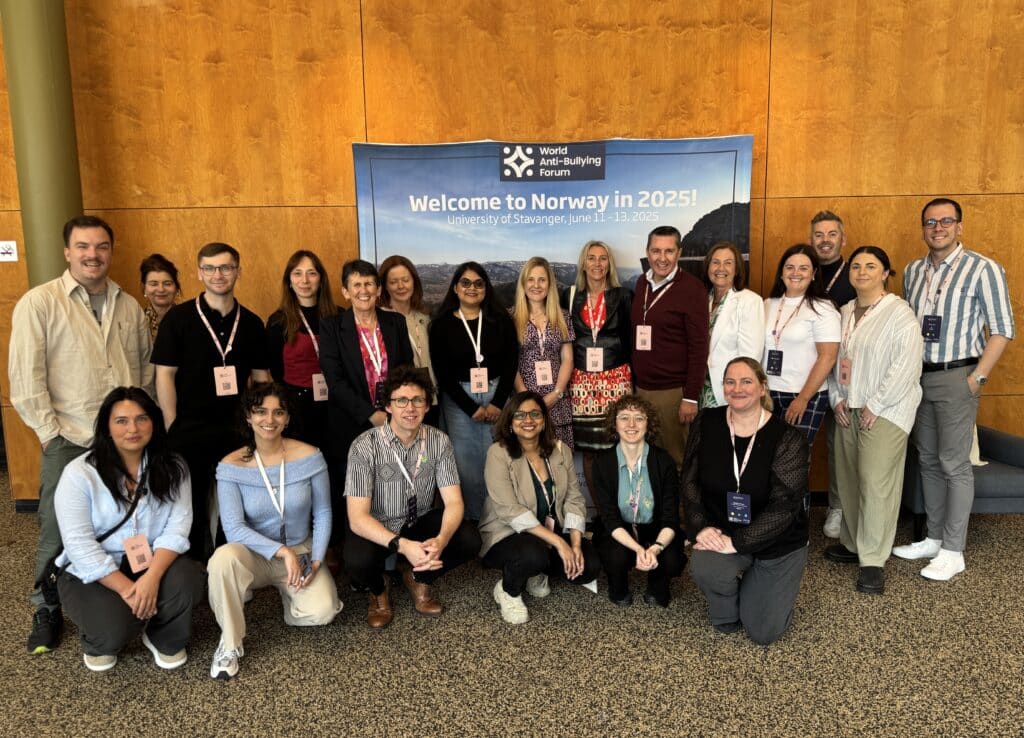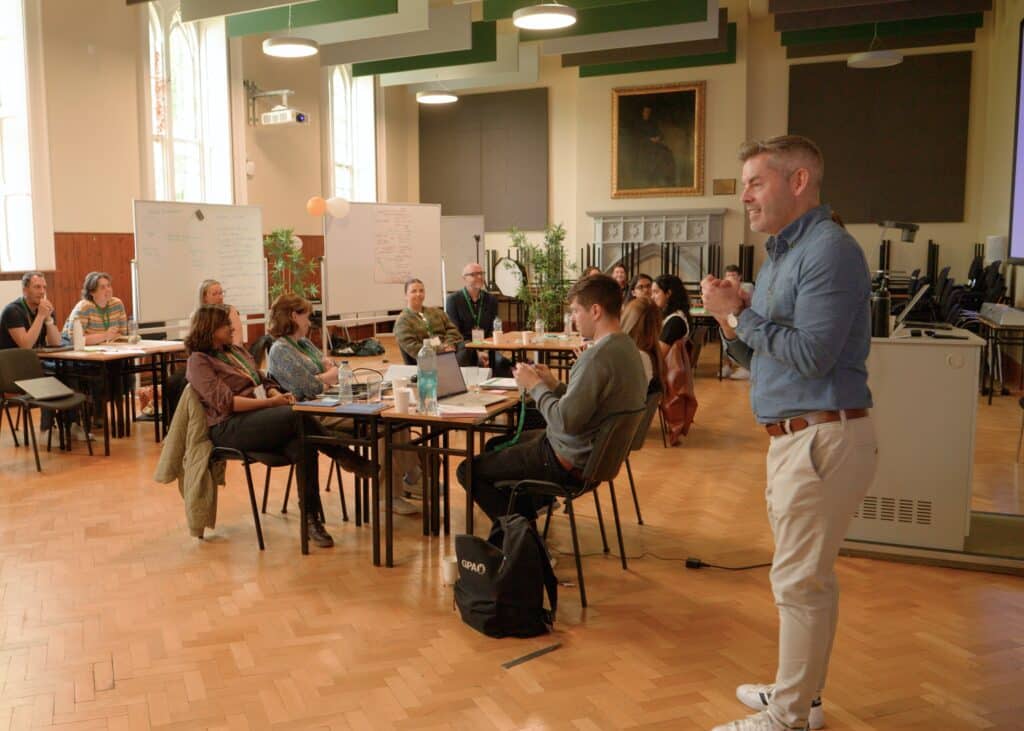International studies related to bullying of those with Special Educational Needs (SEN) and disabilities (SEND), more commonly known as disablist bullying, have consistently revealed higher rates of incidence, with SEN/SEND individuals likely to be bullied two-three times as much as their non-SEND counterparts.
To address this issue, the National Anti-Bullying Research and Resource Centre at Dublin City University will lead a new two-year European project called DisAbuse which will address the issue of disablist bullying by identifying suitable prevention and counter strategies. The project has been financed by the Higher Education Authority and the EU Erasmus+ Programme.
To coincide with International Day of People with Disabilities, the DisAbuse project was formally launched today by Ms Mary Mitchell O’Connor TD, Minister for Higher Education.
Speaking at the launch, Minister Mitchell O’Connor commented:
“All forms of bullying are unacceptable and can have devastating impact on peoples’ lives. The research that takes place under Dr. O’Higgins Norman at the National Anti-Bullying Centre at DCU is providing essential insights into the causes and effects of different types of bullying. This important work will undoubtedly bring a deeper understanding to the area and will help us to support people who experience such bullying. I am honoured to open this seminar on disablist bullying and launch the DisAbuse Project and wish both ventures well.”
DisAbuse is a 2 year project that is part of the Erasmus Plus Programme, Key Action 2 “Cooperation for innovation and the exchange of good practices”, involving 5 partners from 4 European countries, the Anti Bullying Research & Resource Centre, DCU (ABC) and Dun Laoghaire Institute of Art, Design & Technology (IADT) from Ireland, Fonazione Mondo Digitale (FMD) from Italy, The University of Murcia (UM) from Spain, and the Instituto Universitario de Lisboa (ISCTE-IUL) from Portugal
The project aims to combine the best of research, practical approaches and cross-disciplinary (educational, psychological, sociological) modern pedagogical approaches (eLearning, partner learning, and peer learning) with widely used technological means (Internet, apps, multi-media) to provide:
- Cross-national insight into research, policy and practice in regards to disablist bullying that will form the basis of a report with policy recommendations for local and higher authorities
- An online repository for research, best practice and DisAbuse partner developed training materials, including multi-media material for use by SEN/SEND individuals and those who work with them.
- A partner trialled and evaluated course work for the prevention and intervention of bullying of SEN/SEND individuals aimed at and piloted cross-nationally with 100 participants across both those with SEN/SEND, and student teachers/teachers/and professional trainers, who will work and learn together.



